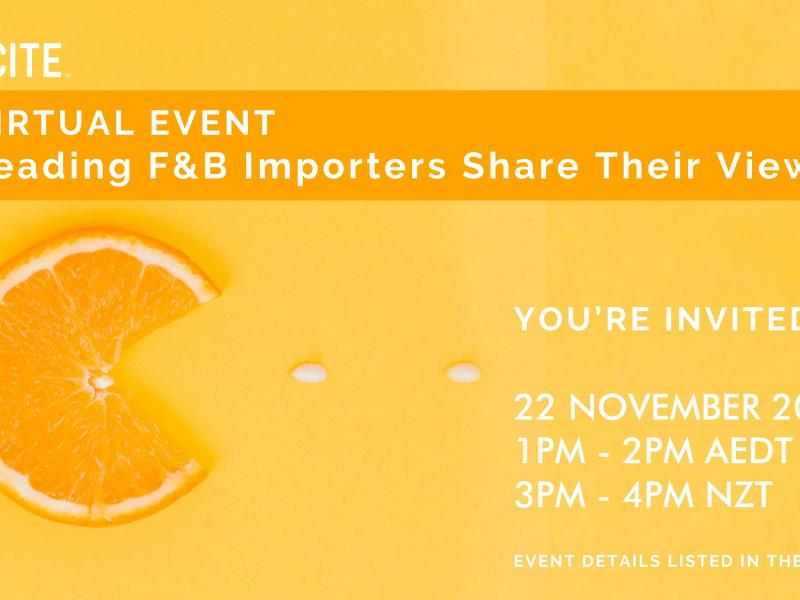If they want to break into an Asian market New Zealand businesses need to think big but start small and get “Asian-savvy”, says Professor Natasha Hamilton-Hart, the new director of the New Zealand Asia Institute.
Professor Hamilton-Hart says that will take a shift in mind-set among some of our businesses as well as serious investment in upskilling. She believes New Zealand is “behind the curve” in developing a workforce with the skills and knowledge needed to succeed in Asian markets.
“We’ve increased sales to the region, but we can’t rely on the low-hanging fruit to grow in the longer term.”
She says the $34.5 million government funding announced in June to set up new Centres of Asia-Pacific Excellence is welcome but overdue.
“Australia is way ahead educating for Asia engagement, and even Singapore - which is squarely in and of the region - has recognised since the 1980s that it needs to actively develop the skills and mind-sets for expanding in the region. It won’t happen automatically.”
Professor Hamilton-Hart has previously held positions at the National University of Singapore and the Australian National University.
She introduced the Asia Savvy Conference at the University of Auckland Business School on Saturday 27 August. The conference, in its sixth year, is student-driven and supported by the institute. Speakers shared their experiences of doing business in Asia, emerging market trends and opportunities for New Zealand entrepreneurs.
Being Asia-savvy not only helps entering a market, it means you’re less likely to be blindsided by predictable events, Professor Hamilton-Hart says.
“A lot of New Zealand companies have run into obstacles that they might not have encountered if they’d had a bit more interest in genuinely understanding the countries or regions beyond narrow market forecasts.”
Her advice to businesses wanting to take on an Asian market includes:
- Really get to grips with your market. Beyond standard market research, businesses need to understand the wider culture and politics at play.
- Share stories of failure as well success. “There could be a lot more knowledge-sharing among companies about their experiences in Asia. They only want to talk about the good stories, no one wants to talk about failures.”
- Use our 1.5ers. Kiwi Asians who were born in Asia but educated in New Zealand offer a valuable resource, with their bilingualism, cultural knowledge and personal connections to Asia.
- Start small. Pick one or two Chinese cities, or a smaller Asian country such as Singapore.
Professor Hamilton-Hart points to companies doing well in Asia.
“Some long-established firms like engineers Beca have a great track record in the region, building up business and incorporating local players in their firm,” she says.
“Some of the newer players like Comvita and Smartfoods have made big inroads in export sales. Both are on record saying they learnt the value of having staff who speak the relevant local language and have local knowledge. And what was formerly AWT, a water technology and consulting company, shows the value of starting small. It has upped its regional business significantly since merging with Mott MacDonald, a large multinational.”
We should also remember that one of our much-touted strengths - New Zealand’s “clean green” brand, is a double-edged sword, she says.
“If this is what we rely on, we’re vulnerable to consumer distrust if we get hit by an actual or even just rumoured food safety issue. And it doesn’t particularly help our engineers, high-tech niche manufacturers or service exporters.
“We do have a strength in a diverse and multicultural population, but we could make much more of this.”





